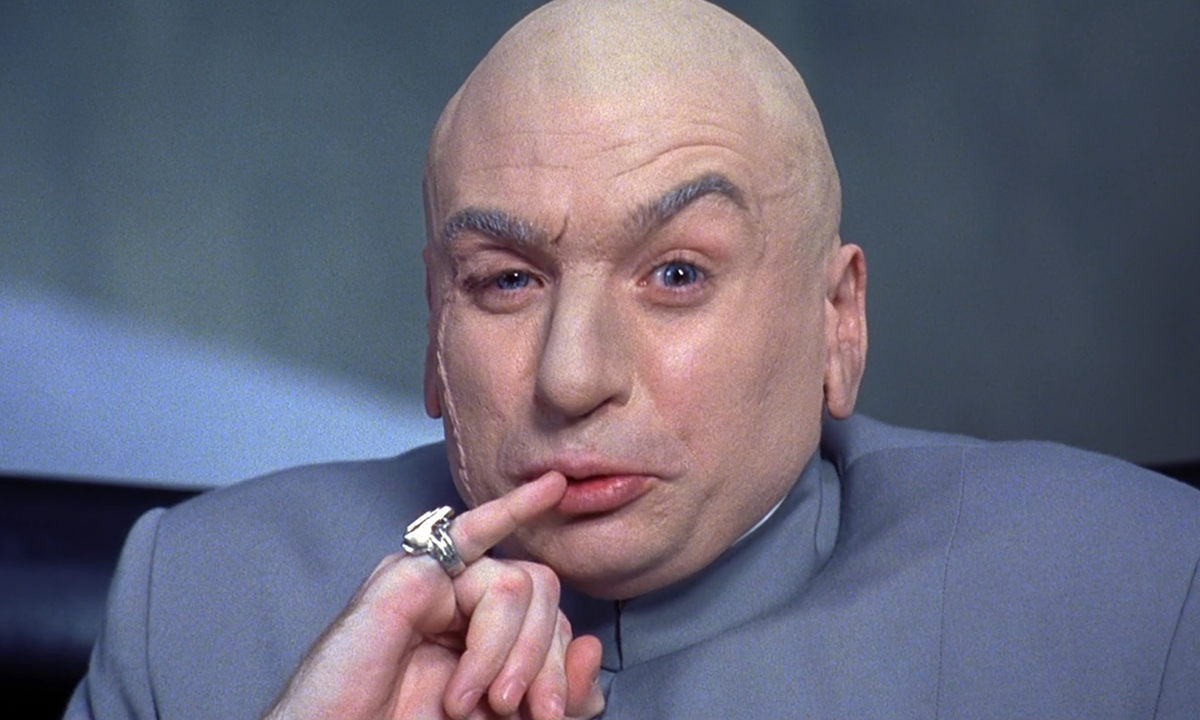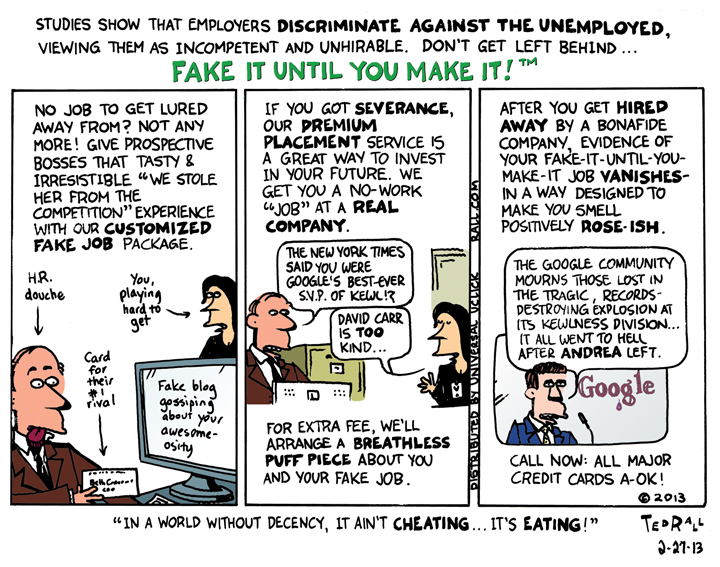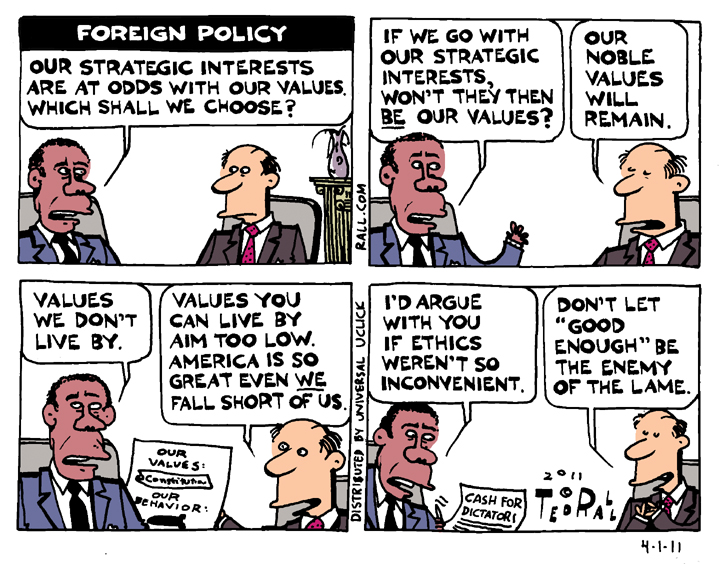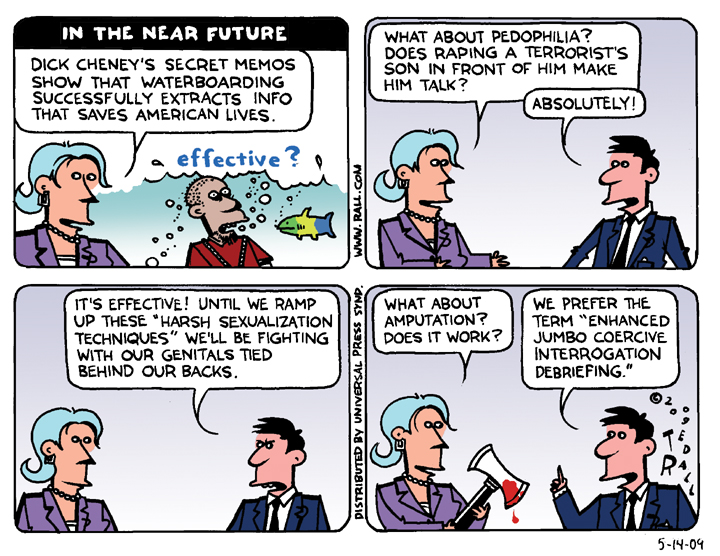 The Clash sang-advised: “know your rights.” But few people do.
The Clash sang-advised: “know your rights.” But few people do.
President Donald Trump is hell-bent on deporting millions of people, including kids who came to the U.S. so young that they’re Americans in every way but their immigration status. He even signed an executive order that would allow the arrest and deportation of fully-vetted green card holders the authorities say are suspected of any offense — including a traffic ticket.
I don’t believe in open borders. A country that doesn’t control who enters its territory hardly qualifies as a nation-state. But let’s get real about the estimated 11 million illegal immigrants in the U.S. They’re not criminals. They’re victims.
Corporations strive to keep the wages and negotiating leverage of American workers low. They’ve pressured their pet politicians — both Democrats and Republicans — to increase the labor supply with immigrants both legal (e.g. the much-abused H1B visa program) and undocumented. Illegals are powerless and scared. Business can’t get enough of them.
If you’re un- or underemployed, illegal immigrants are your comrades. Your joint struggle should be fought against your mutual enemy, the cheap and greedy employers who deploy divide-and-conquer propaganda like Trump’s.
Like the people of Nazi-occupied Europe, we will someday be judged for our actions (and inactions) in response to the Republicans’ inhumane mass deportations. But what should we do? Unlike Europeans, white Americans never developed a culture of resistance or a system of ethical standards to which decent people are expected to adhere.
First, know your rights. Even if you’re here illegally, you have rights under the Constitution. However, the police and their colleagues in Immigration and Customs Enforcement don’t want you to know that — and they’ll lie straight to your face. So get educated about the basics.
If an ICE agent comes to your door, don’t answer. They can’t come in without an arrest warrant signed by a judge. If you talk to them, the ACLU advises, don’t open the door. If you do open the door, they may ask if they can come in. Say no. If they present a warrant for your arrest, don’t physically resist. Go with them. Simply demand to speak with an attorney and declare that you will remain silent. Then shut up. Always carry contact information for an attorney with you, and memorize his or her name and phone number since a card or phone will be taken away from you in jail.
If you are here legally, spread this information to people you know who are not.
Second, don’t snitch. If you know or suspect that someone is here illegally, do not tell the authorities or anyone in contact with them. At the bare minimum, discretion requires limiting your contact with members of law enforcement and, of course, ICE agents. Talking to cops or ICE agents is always fraught but never more so than now — so ethics-minded American citizens should break off contact with anyone they suspect of working for the deportation squads.
Morality dictates that you lie to police or ICE agents if they ask you for information about an undocumented neighbor. But be aware of the risks: Trump’s mass deportation order provides for criminal penalties for Good Samaritans “who facilitate [illegals’] presence in the United States.”
Finally, if you’re a deportation thug you must quit your job. Needing to earn a living does not absolve you from accountability for wrongdoing. Death camp guards and slave catchers had bills to pay too. They could tell themselves that what they were doing to get by was lawful. But it wasn’t right — and a lot of people knew that at the time.
Consider, for example, the case of Guadalupe García de Rayos. After 22 years in the U.S. — her parents brought her to the U.S. from Mexico when she was 14 — she was arrested by ICE agents in Phoenix, who deported her in 24 hours. She left behind two U.S.-born children, both citizens. How can those ICE idiots live with themselves?
It is better to sleep under a bridge and starve to death than to participate in a mass-scale deportation program targeted at the most vulnerable members of society — and the most law-abiding (except for their presence in the U.S.). On the other hand, there is incredible power in refusing to obey an immoral order. How long would Trump’s mass deportations — or his presidency — last if thousands of police officers and ICE agents were to call press conferences and resign rather than deport an innocent family?
(Ted Rall is author of “Trump: A Graphic Biography,” an examination of the life of the Republican presidential nominee in comics form. You can support Ted’s hard-hitting political cartoons and columns and see his work first by sponsoring his work on Patreon.)

 To the French, it felt like the end of the world. 1940: defeated in six weeks, surrender, subjugation, overrun by German soldiers whose power of life or death were absolute and absolutely capricious. Fascism triumphant; organized resistance as yet unimaginable.
To the French, it felt like the end of the world. 1940: defeated in six weeks, surrender, subjugation, overrun by German soldiers whose power of life or death were absolute and absolutely capricious. Fascism triumphant; organized resistance as yet unimaginable.




